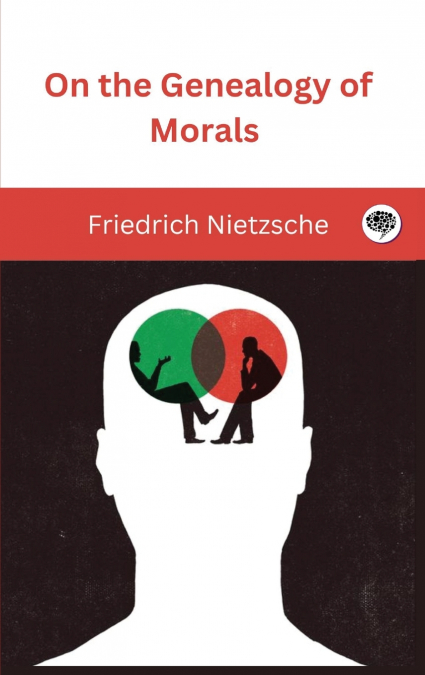
Friedrich Nietzsche / Original Thinkers Institute
 Librería Perelló (Valencia)
Librería Perelló (Valencia)
 Librería Aciertas (Toledo)
Librería Aciertas (Toledo)
 El AlmaZen del Alquimista (Sevilla)
El AlmaZen del Alquimista (Sevilla)
 Librería Elías (Asturias)
Librería Elías (Asturias)
 Librería Kolima (Madrid)
Librería Kolima (Madrid)
 Donde los libros
Donde los libros
 Librería Proteo (Málaga)
Librería Proteo (Málaga)
The book elucidates and expands on the cryptic aphorisms of ’Beyond Good and Evil’, and presents a coherent discussion of morality in a work that is more accessible than much of his previous writings. In this work, Nietzsche uses philosophy, psychology, and classical philology to give new direction to an ancient discipline. It is a book about interpretation and the history of ethics which raises profoundly disquieting issues about the violence of both. This is the most sustained of Nietzsche’s later works and offers one of the fullest expressions of his characteristic concerns.Regarded as one of the most profound German philosophers, Friedrich Nietzsche (1844-1900) is popularly considered a cultural critic and philologist whose work exerted a scholarly influence on modern intellectual history. His intellectual works focus on widespread themes such as religion, morality, philosophy, and science. Prominent elements of his philosophy include his radical critique of truth, a genealogical criticism of religion, and Christian morality. His body of work touched a wide range of topics, including art, philology, history, music, tragedy, and culture, most of which drew inspiration from Greek tragedy.